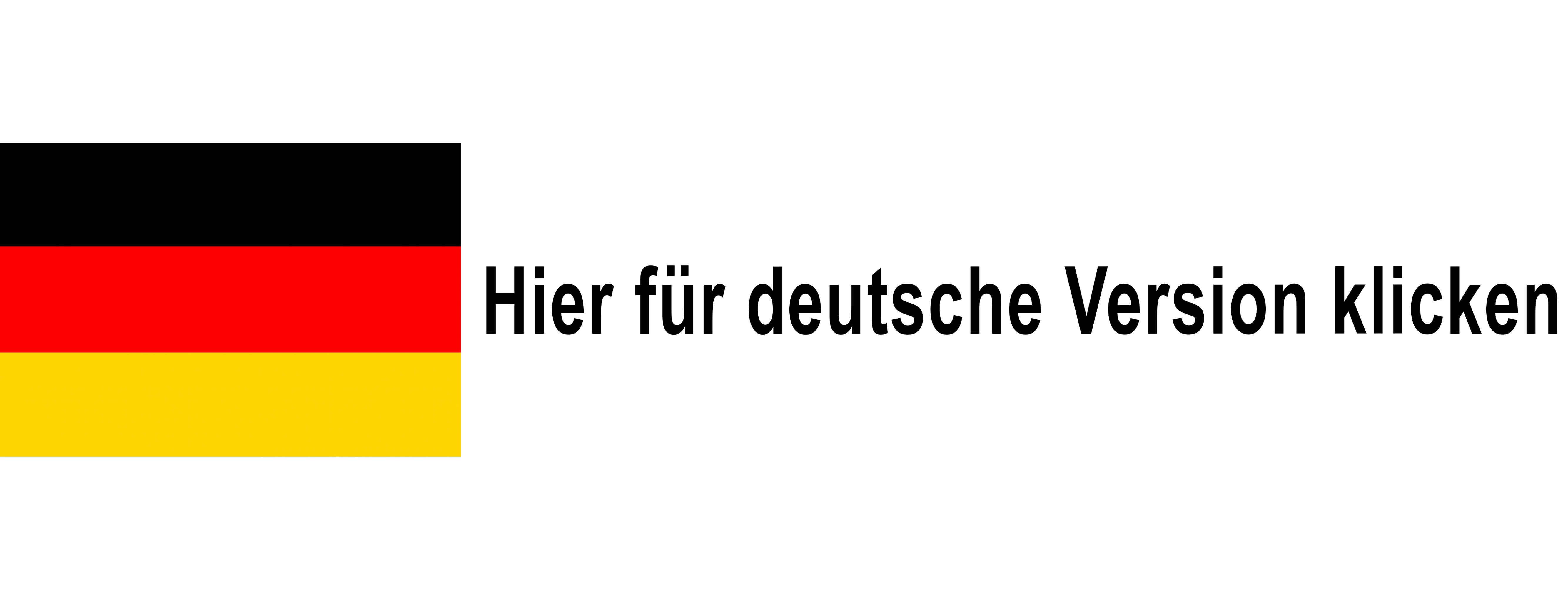- GU Home
- Faculties
- Faculty 03 Social Siences
- Students
- Study Programs at the Faculty of Social Sciences
- Bachelor of Arts Political Science Minor
- Content and Structure B.A. Political Science Minor
- Content & Structure B.A. Political Science Minor - Study Regulations 2022
- Information for Students
- Information for First Semesters
- Information for Prospective Students
- Study Programs at the Faculty of Social Sciences
- Bachelor of Arts Political Science Major
- Bachelor of Arts Political Science Minor
- Bachelor of Arts Sociology Major
- Bachelor of Arts Sociology Minor
- Bachelor of Arts Gender Studies Minor
- Master of Arts Political Science
- Master of Arts International Studies / Peace and Conflict Research
- Master of Arts Political Theory
- Master of Arts Sociology
- Master of Arts Economic Sociology
- Master of Arts Comparative Democracy
- Internship
- Vocational Orientation
- Examinations and Examination Office
- Student Counselling
Important Information
At a Glance
|
Standard period of study: |
6 semesters (3 academic years) |
|
|
Programme start: |
Summer and winter semester |
|
|
Admission restrictions: |
Admission to the programme is restricted. |
|
|
Scale: |
60 credit points (CP) |
|
| Number of
modules |
6 compulsory modules |
|
| Module examination formats: |
Term
paper |
|
Language(s) of instruction: |
German, English |
|
|
Programme Director: |
Modules & Content Structure of the B.A. Political Science Minor when you are NOT studying B.A. Sociology Major
Overview of the discipline of political science, its history in the context of neighbouring disciplines and its sub-disciplines as well as the general principles of the social sciences.
Practise various forms of work using practical examples (own research on various topics, text analyses, presentation of results, discussions).
To this end, you will attend the lecture and an accompanying exercise or tutorial. The module concludes with a "mini-project" (term paper) or a written examination.
Contents:
Lecture "Introduction to Methods of Empirical Social Research":
- Importance of methods in political science
- Overview of research designs and the research cycle
- Central terms of methodology
- Important data collection procedures (including in any case different forms of questioning and text analysis)
- Different yields of qualitative and quantitative methods
- Research ethics
- Exemplary application of empirical research methods in political science
Lecture "Introduction to Statistics in the Social Sciences":
- Comprehensive overview of common statistical methods and their application in the social sciences
- Measures for uni-, bi- and multivariate analyses
- Graphical representation of distributions
- Application and interpretation of correlation measures for variables with different scale levels
- Fundamentals of probability theory
- Inferential statistical methods (confidence intervals, hypothesis testing).
Cumulative final module examination: One written examination (60 minutes) following each of the courses "Introduction to Methods of Empirical Social Research" and "Introduction to Statistics in the Social Sciences". The overall grade is made up of the average of both examinations, which must be passed individually.
Contents:
- History of political ideas in systematic terms, with a focus on modern and contemporary developments.
- Contemporary political theory and philosophies
- Institutional and state theory, theory of democracy and law
- Political thought and political ideologies
Final module examinations, academic achievements and proof of participation:
Students attend the lecture or seminar "Introduction to Political Theory". If the course is offered as a lecture, students complete a course assignment and receive 3 CP for this. If the course is offered as a seminar, students provide proof of participation and receive 3 CP for this. Students may not take a final module examination in this course.
In addition to the introductory course, students attend a further seminar.
In the seminar, students provide proof of participation (3 CP) and a final module examination (4 CP).
The module is completed with a total of 10 credit points.
- political system of the Federal Republic of Germany
- other political systems (especially Western democracies)
- Comparison of political systems
- Nation state and transnational orders
- Parties, interest groups and social movements
- Citizens and elites
- Governments, parliaments, courts, expert bodies
- Democracy: Participation and competition
- Elections, participation and representation
- Interest mediation
- Political communication
- Policy formulation process (policy research)
- Politics and economy
Final module examinations, academic achievements and proof of participation:
In addition to the introductory course, students attend a further seminar.
In the seminar, students provide proof of participation (3 CP) and a final module examination (4 CP).
- Overview of the development of the sub-field "International Relations
- Basic questions, theories and methods of international relations
- International political economy
- Foreign policy analysis and foreign policy of selected states
- Regional integration and global governance
- North-South relations and research on developing countries
- Security policy, peace and conflict research
Final module examinations, academic achievements and proof of participation:
Students attend the lecture or seminar "Introduction to International Relations". If the course is offered as a lecture, students will be awarded 3 CP. If the course is offered as a seminar, students provide proof of participation and receive 3 CP for this. Students may not take a final module examination in this course.
In addition to the introductory course, students attend a further seminar.
In the seminar, students provide proof of participation (3 CP) and a final module examination (4 CP).
The module is completed with a total of 10 credit points.
Contents:
- Political Science: Political Theory
- Political Science: Comparative Political Science
- Political Science: International Relations
- Political science/sociology: current research foci of the department
- Political science/sociology: advanced research skills
Final module examinations, coursework and proof of participation:
The module consists of a seminar from one of the above-mentioned areas of the Bachelor's degree programmes and concludes with a certificate of attendance (3 CP) and a term paper (4CP) following the selected seminar.
The module is completed with a total of 7 credit points.
Modules & Content Structure of the B.A. Political Science Minor when you are studying B.A. Sociology Major
Important note for students majoring in Sociology:
Students majoring in Sociology do not take any courses in Research Skills 1 in Module 2.
Instead, they will take courses in Research Skills 2 of the BA Political Science major and an additional seminar of 3 CP in the specialisation.
Overview of the discipline of political science, its history in the context of neighbouring disciplines and its sub-disciplines as well as the general principles of the social sciences.
Practise various forms of work using practical examples (own research on various topics, text analyses, presentation of results, discussions).
To this end, you will attend the lecture and an accompanying exercise or tutorial. The module concludes with a "mini-project" (term paper) or a written examination.
Contents:
Research application:
- Applications of the procedures of empirical social research to a substantive topic (e.g. democracy measurement, research into the causes of war, development policy, elite research, or similar),
- Methodological aspects of pioneering studies in the social sciences
- Methodological pluralism in research design
- Practical implementation of an own (group) research project
Research technique:
- Specific consideration of a research technique (e.g. interview, statistical software, network analysis, observation, etc.)
- Detailed presentation of a methodological technique and its practical testing
Final module examinations, academic achievements and proof of participation:
Students take one seminar each with a focus on research application and one seminar with a focus on research technique. One of the two seminars is completed with a module final examination in the form of a term paper.
In one of the two seminars, students provide proof of participation and receive 3 CP for this.
In the second seminar, students provide proof of attendance (3 CP) and a final module examination (4 CP).
The module is completed with a total of 10 credit points.
Contents:
- History of political ideas in systematic terms, with a focus on modern and contemporary developments.
- Contemporary political theory and philosophies
- Institutional and state theory, theory of democracy and law
- Political thought and political ideologies
Final module examinations, academic achievements and proof of participation:
Students attend the lecture or seminar "Introduction to Political Theory". If the course is offered as a lecture, students complete a course assignment and receive 3 CP for this. If the course is offered as a seminar, students provide proof of participation and receive 3 CP for this. Students may not take a final module examination in this course.
In addition to the introductory course, students attend a further seminar.
In the seminar, students provide proof of participation (3 CP) and a final module examination (4 CP).
The module is completed with a total of 10 credit points.
- political system of the Federal Republic of Germany
- other political systems (especially Western democracies)
- Comparison of political systems
- Nation state and transnational orders
- Parties, interest groups and social movements
- Citizens and elites
- Governments, parliaments, courts, expert bodies
- Democracy: Participation and competition
- Elections, participation and representation
- Interest mediation
- Political communication
- Policy formulation process (policy research)
- Politics and economy
Final module examinations, academic achievements and proof of participation:
In addition to the introductory course, students attend a further seminar.
In the seminar, students provide proof of participation (3 CP) and a final module examination (4 CP).
- Overview of the development of the sub-field "International Relations
- Basic questions, theories and methods of international relations
- International political economy
- Foreign policy analysis and foreign policy of selected states
- Regional integration and global governance
- North-South relations and research on developing countries
- Security policy, peace and conflict research
Final module examinations, academic achievements and proof of participation:
Students attend the lecture or seminar "Introduction to International Relations". If the course is offered as a lecture, students will be awarded 3 CP. If the course is offered as a seminar, students provide proof of participation and receive 3 CP for this. Students may not take a final module examination in this course.
In addition to the introductory course, students attend a further seminar.
In the seminar, students provide proof of participation (3 CP) and a final module examination (4 CP).
The module is completed with a total of 10 credit points.
Contents:
- Political Science: Political Theory
- Political Science: Comparative Political Science
- Political Science: International Relations
- Political science/sociology: current research foci of the department
- Political science/sociology: advanced research skills
Final module examinations, coursework and proof of participation:
The module consists of two seminars from the above-mentioned areas of the Bachelor's degree programmes and concludes with certificates of attendance (both with 3 CP) and a term paper (4CP) following on of the selected seminars.
The module is completed with a total of 10 credit points.
Contact
Dipl.-Soz. Alexander Simon
Student counselling for B.A. programs in Political Science and
Sociology / Student counselling for M.A. programs / M.A. admission /
B.A./M.A. internship counselling
E-Mail:
studienfachberatung.fb03@soz.uni-frankfurt.de
PEG Room 2.G 133
Open consultation hours:
Tuesday 11a.m - 1p.m.
Thursday 11a.m. - 1 p.m.
In lecture free time only on Tuesdays
Open telephone consultation hours:
Wednesday 11a.m - 1p.m.
or by individual arrangement
Goethe-University
Department 03
PEG-Building
Theodor-W.-Adorno-Platz 6
60323 Frankfurt am Main
- Studying at Goethe University
- International applicants
- Faculties
- Overview of study programmes
- Programme for refugees
- GRADE
- Goethe Business School (continuing education)
- Research at Goethe University
- Scientific news
- Goethe Welcome Center (for international researchers)
- Collaborative research projects
- Individual research
- Visiting fellowships
- Endowed chairs
- About the University
- News-in-brief
- University administration
- Campus locations
- Campus life
- University archives (German)
- Rhine-Main-Universities









